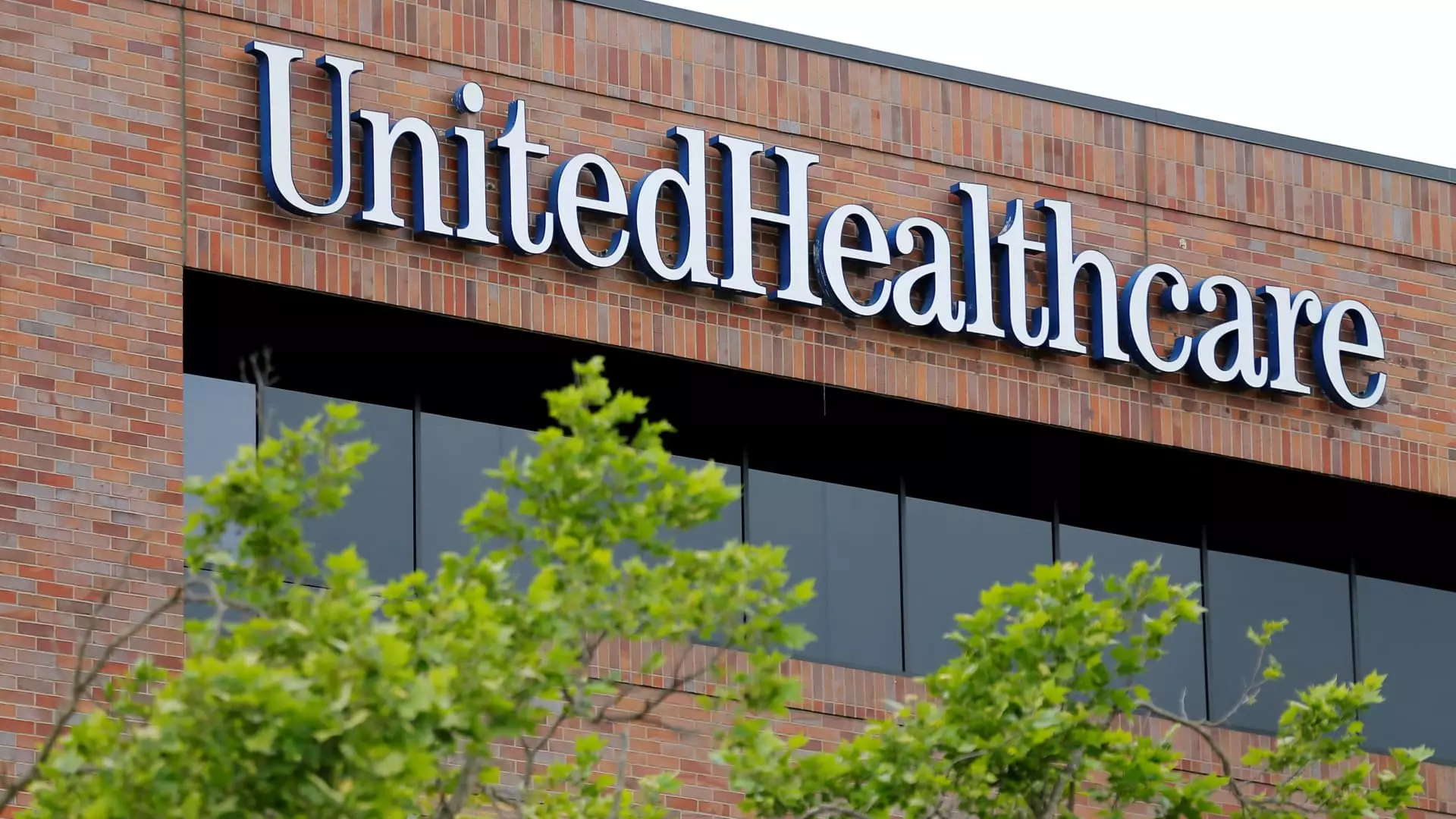The recent tribulations facing UnitedHealthcare, a subsidiary of UnitedHealth Group, highlight a myriad of issues that could have substantial implications for the health insurance sector and the company’s future. From a looming government investigation to internal challenges and public relations problems, the organization finds itself at the confluence of intense scrutiny and operational upheaval.
A significant concern for UnitedHealthcare stems from a civil fraud investigation initiated by the Department of Justice. This investigation focuses on potential irregularities in the insurer’s Medicare billing practices, particularly regarding its Medicare Advantage plans. Reports suggest that the probe is examining whether the company and its affiliated physician groups systematically exploited diagnostic codes to secure inflated payments from Medicare. Such practices, if proven, could lead to severe financial penalties and further erode public trust in both UnitedHealthcare and the broader private insurance marketplace.
Critics argue that these Medicare Advantage plans, which are intended to provide seniors with additional benefits beyond traditional Medicare, have contributed to rising healthcare costs across the industry. With the government paying these private insurers a fixed amount per beneficiary, there is a risk that some companies may prioritize profits over patient care, leading to diagnoses that don’t necessarily align with medical necessity.
UnitedHealthcare has vehemently denied any wrongdoing, labeling these reports as “misinformation” and asserting that its compliance practices adhere to the highest industry standards. Whether this defense will resonate with policymakers remains to be seen, and it seems unlikely to quell fears surrounding the accountability of major insurance players.
Financial Performance and Market Reactions
Financially, UnitedHealth Group is grappling with a notable decline in stock performance, exacerbated by the recent revelations of the government investigation. Over the past three months, shares have plummeted by approximately 23%, reflecting investor anxiety regarding future profitability and operational stability.
Analysts like Ben Hendrix from RBC Capital Markets, while acknowledging the pressure created by the inquiry, maintain a cautiously optimistic outlook. Hendrix suggests that the investigation’s lengthy process may mitigate immediate financial impacts, hinting that market reactions could prove to be an overreaction in the short term. However, prolonged instability or adverse rulings could significantly tarnish the company’s reputation and financial performance moving forward.
In tandem with these external challenges, internal dynamics within UnitedHealth Group are shifting. Reports indicate the company is offering employee buyouts and contemplating layoffs if predetermined resignation targets are not met. This strategy appears to be part of a broader initiative to streamline operations amid escalating costs and a transformation toward digital technologies.
As companies pivot to technology, the effectiveness of such transitions often rests on retaining qualified personnel while simultaneously achieving cost efficiencies. The risks associated with this approach are substantial—displaced employees could foster an atmosphere of discontent and diminish morale among remaining staff, potentially affecting service quality and overall operational effectiveness.
UnitedHealthcare’s troubles are further compounded by its public clash with prominent investor Bill Ackman. In a highly publicized dispute, Ackman supported a doctor’s claims against the insurer concerning alleged unjustified denials of care. Although Ackman later retracted some of his statements after receiving legal advice, the incident underscores a broader perception that UnitedHealthcare is engaged in practices that prioritize profitability over patient care.
This situation is emblematic of a growing concern about the health insurance industry’s ethical obligations. The negative publicity surrounding UnitedHealthcare has ignited debates around the necessity for reform, particularly in an environment where insurance companies are increasingly perceived as hindrances to care rather than facilitators.
Compounding UnitedHealthcare’s woes is the fallout from a significant cyberattack on its subsidiary, Change Healthcare. The incident compromised sensitive health information for nearly 190 million individuals, costing the company over $3 billion in remediation efforts. Such cybersecurity breaches not only pose financial threats but also have long-lasting repercussions on patient trust and corporate reputation.
UnitedHealth must navigate these multifaceted challenges effectively to restore confidence among patients, investors, and regulators. The convergence of regulatory scrutiny, operational restructuring, and public discontent presents a complex landscape for the organization to traverse.
UnitedHealthcare is currently entrenched in a series of daunting challenges that intersect various aspects of its operations. From a contentious government investigation and plummeting stock prices to employee transitions and public relations blunders, the company must undertake significant reform and transparent communication strategies to retain its foothold as a leader in the insurance industry. As scrutiny intensifies, how UnitedHealthcare responds will be pivotal in determining its future viability and the trust it retains from stakeholders.

